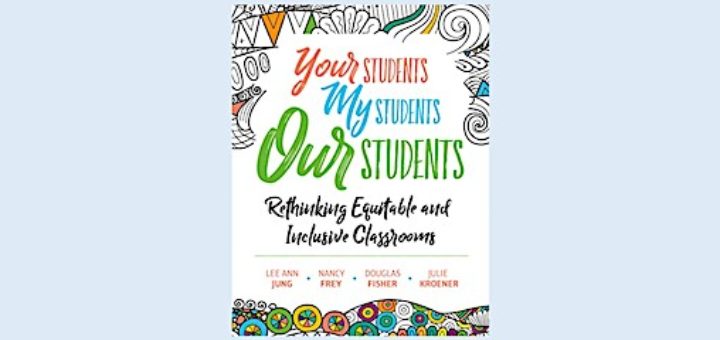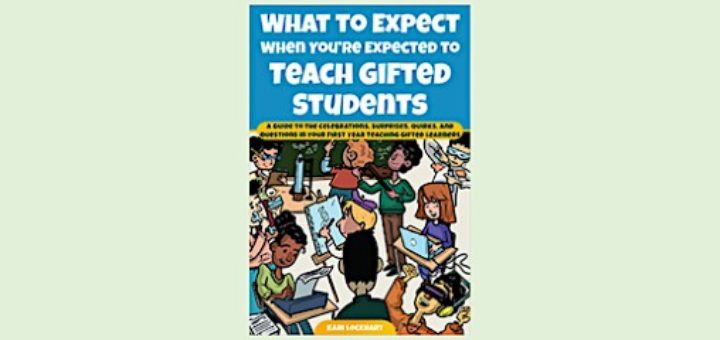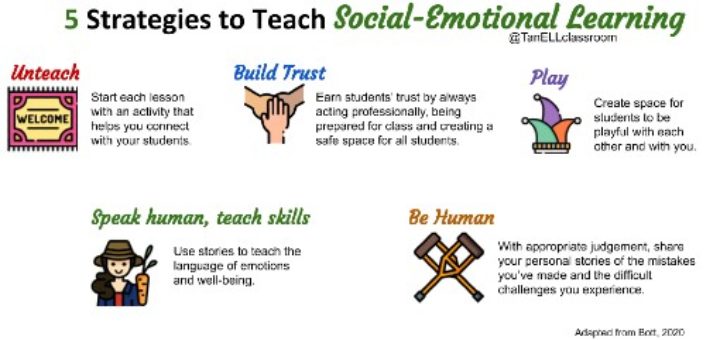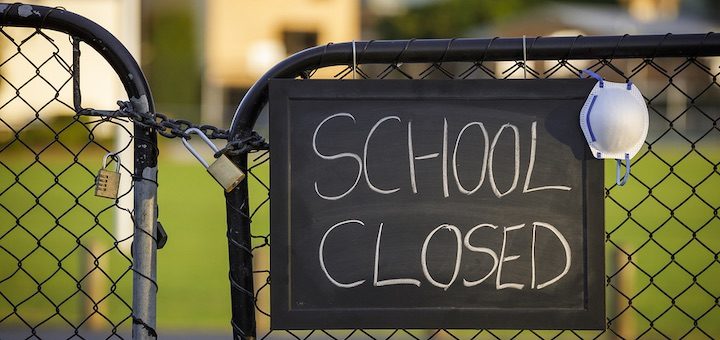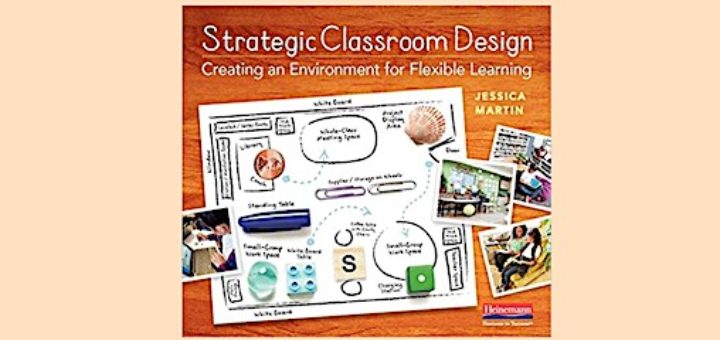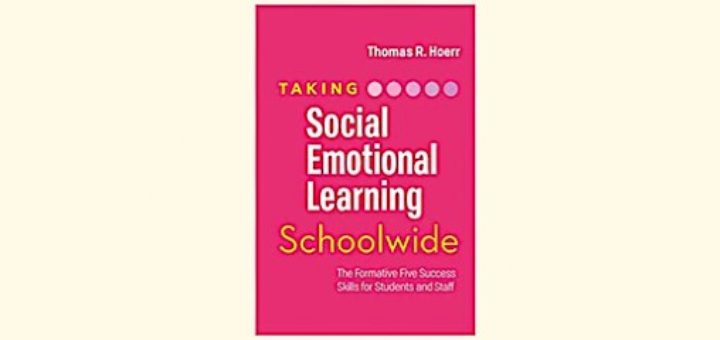Teaching and learning in grades 4-8
Looking ahead to the new school year, it’s critical that school leaders have comprehensive plans ready for implementation if more large-scale remote learning is required. Ron Williamson and Barbara Blackburn underscore the need to fully involve parents and teachers in the process.
The experience of students and teachers doing whole class and small group work online underscores the need to emphasize speaking and listening skills now and for the future, writes principal Matt Renwick. He shares his school’s low-key, standards-friendly teaching ideas.
As a future educator with the dream of having an inclusive classroom for ALL students, Esther Vences found Your Students, My Students, Our Students an essential tool for reimagining schools by implementing the authors’ five recommended disruptions to the status quo.
Kari Lockhart’s What to Expect When You’re Expected to Teach Gifted Students touches on two key elements: how to identify gifted students and how to work with their parents. Kolby Wagner expects to find the author’s strategies for co-teaching and parent engagement helpful.
If you’re like teacher Dina Strasser, you may be wondering if your online classes add up to teaching. Yes, she says. You’ve adapted on the fly – suddenly providing virtual school to students who just weeks before greeted you at the classroom door. See if her real-life snippets match your experience.
When Michelle Russell dropped by her classroom last week, she was overcome with emotion. As her school year ends, she reflects on the depth of her gratitude for that room, her colleagues, her students and their families, her newfound clarity, and teaching itself.
Social-emotional learning is not a program we add on; it’s a mindset we teach with. Tan Huynh unpacks five strategies recommended by the Institute for Positive Education that can help teachers cultivate an SEL mindset, whether we’re teaching in physical or virtual spaces.
After weeks of deciphering digital teaching and supporting students in new ways, educators are reflecting on their changed worlds. Principal Rita Platt reached out to collect some of their thoughts on the challenges, the silver linings, and their concerns about public education’s future.
The limitations of funding, square footage, and time can make classroom design a daunting task, writes reviewer Eileen Hornbostel. To meet those challenges, Jessica Martin offers Strategic Classroom Design, a detailed guide to creating effective learning environments.
Thomas R. Hoerr’s guide for taking SEL schoolwide is particularly helpful to administrators, writes pre-service teacher Holly Reynolds. But she expects the book’s big picture view of quality SEL programs to be useful to her as she evaluates teaching opportunities this summer.



